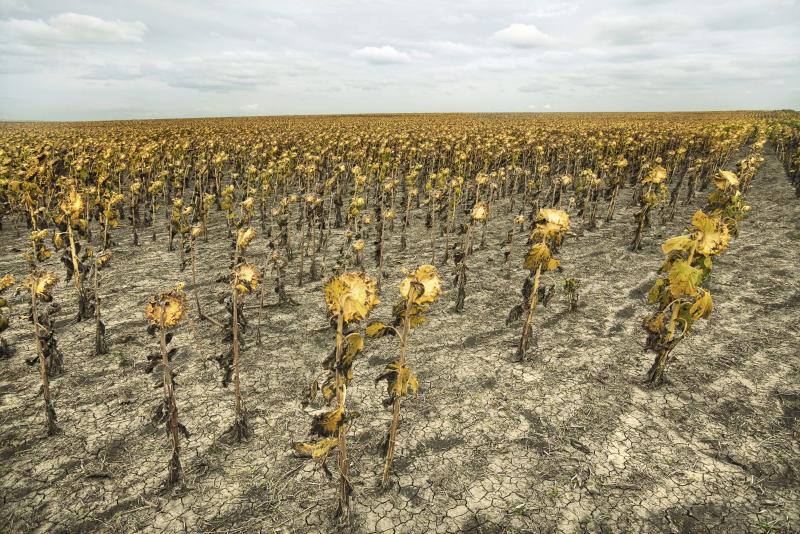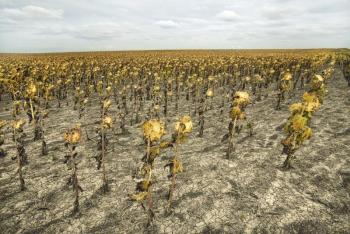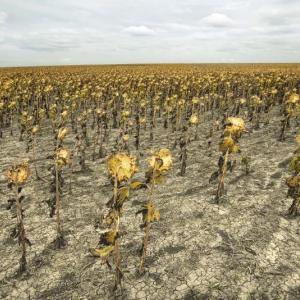Drought conditions continue across Maine for sixth week
AUGUSTA — Maine's Drought Task Force convened Thursday by virtual meeting, as drought conditions continue across the state for a sixth week.
The Task Force met two weeks ago and since then there has been little change to the ongoing drought across Maine, per a news release.
The U.S. Geological Survey reports that ground water and streamflow levels have improved slightly due to recent rain, but there has been no significant long-term recovery and continued dry conditions will likely cause ground and surface water levels to decrease over the next few weeks.
The National Weather Service reports that lower than normal precipitation and higher than normal temperatures are expected over the next two weeks and drought conditions could worsen during that time.
The Maine Department of Health and Human Services, Center for Disease Control and Prevention, Drinking Water Program (DWP) continues to monitor hydrologic conditions statewide. Some public drinking water systems report that they are currently taking steps to modify operations to accommodate low water. The Maine Public Utilities Commission reported that some water utilities are implementing voluntary conservation measures.
The USDA Farm Service Agency reported a decrease in hay crops this year and widespread use of irrigation in many counties, especially Aroostook County where severe drought conditions exist.
The Maine Emergency Management Agency (MEMA) is launching a Dry Well Survey to help determine the number of dry wells across the state.
Anyone experiencing a dry well can complete the survey online. Those without computer access may call 2-1-1 to report dry wells.
Reporting this information is not a guarantee of assistance but helps gauge how widespread the problem is and what resources might be needed.
Citizens who may be experiencing low water levels in wells are also encouraged to take the following steps:
Avoid filling wells by a water hauler or fire department. This could contaminate the owner's well because water from an unknown source may contain toxins and water would likely leak out in a short amount of time.
Check water systems for leaks and fix them. This can also save money for those on public water.
Ensure you have a full load before running dishwashers and washing machines.
Space out water usage to avoid a temporary shortage that could damage the pump.
If using drinking water from an outside source, make sure containers and the water source are clean.
Use a licensed well driller or pump installer to check water levels in wells for the most accurate assessment and advice and to avoid contamination.
Event Date
Address
United States
























